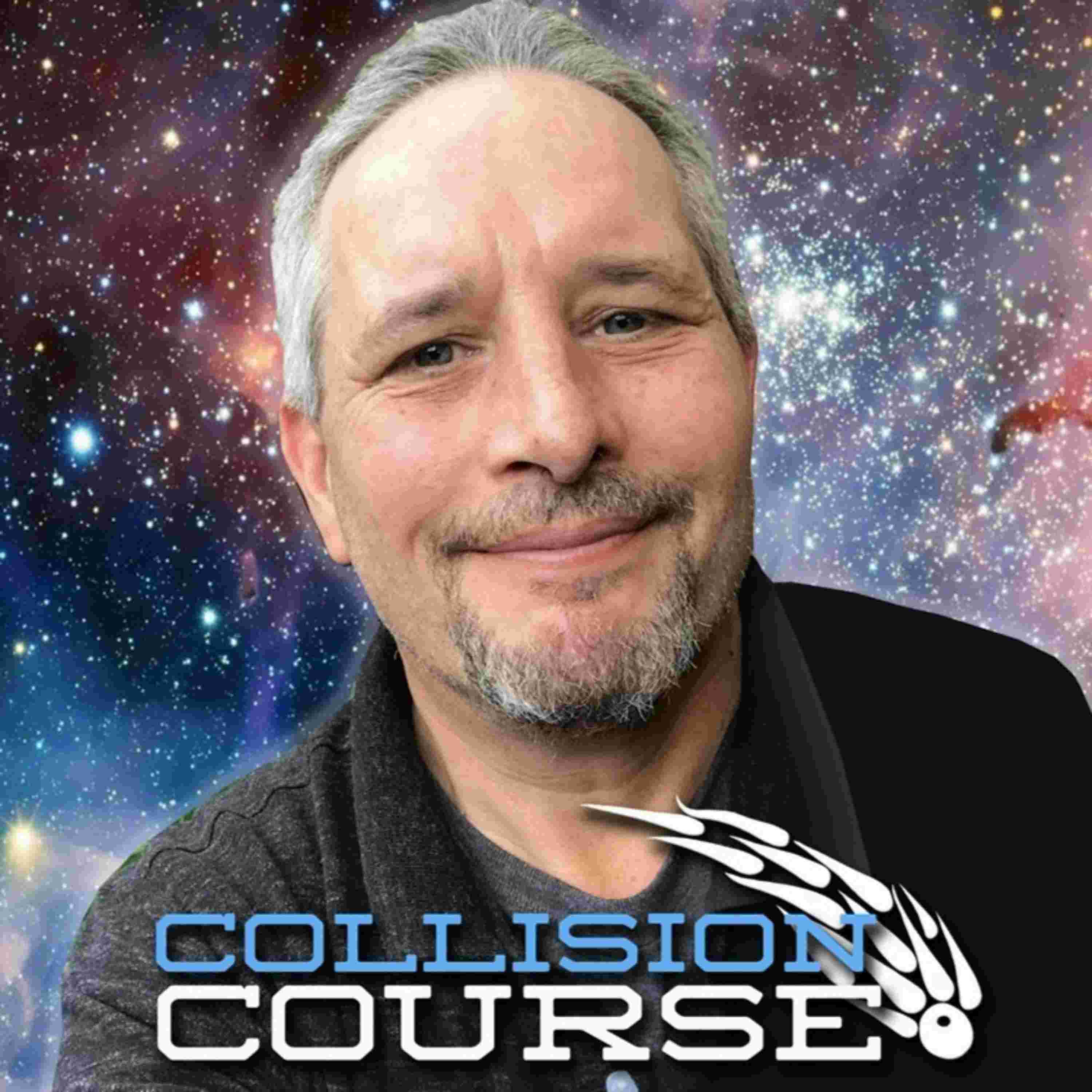

It's a perilous trip to the edge of the Sun to unlock the mysteries of its atmosphere. The Parker Solar Probe will interact with Venus’ gravity during seven flybys over nearly seven years to gradually bring its orbit closer to the Sun. The spacecraft will fly through the Sun’s atmosphere, sometimes called a "Fry-by", it's as close as 3.8 million miles from our star’s surface, well within the orbit of Mercury and more than seven times closer than any spacecraft has come before. (Earth’s average distance to the Sun is 93 million miles.)
It will orbit into the outermost part of the Sun's atmosphere, known as the corona. For the first time, Parker Solar Probe will employ a combination of in situ measurements and imaging equipment revolutionizing our understanding of the corona and expanding our knowledge of the origin and evolution of solar wind. It also makes critical contributions to our ability to forecast changes in Earth's space environment that affect life and technology on Earth.
Professor Velli's research has focused on space plasma physics and solar magnetic activity with particular emphasis on:
He is principal investigator of Heliospheric Origins on the Solar Probe Plus mission, the first spacecraft to fly within 9 solar radii of the Sun's surface, directly studying the outer solar corona and acceleration region of the solar wind. SPP is part of NASA's Living with a Star Program, designed to understand aspects of the sun and Earth's space environment that affect life and society. As the mission's observatory scientist, he will provide an independent assessment of scientific performance and act as a community advocate for the mission.
Prof. Velli has taught mechanics, electromagnetism, astrophysics, and plasma physics courses at the University of Florence, and mentored 7 students for their Laurea Thesis in Florence, directed 5 PhD theses at the University of Florence and 2 at the University of Paris XI Orsay. He has been member of peer review committees for NASA research and payload proposals as well as for ESA, member of the science definition team for Solar Orbiter (2003) and is presently a member of Solar Probe science and technology definition team, responsible for drafting the Scientific Objectives and requirements. Dr. Velli was chair and main scientific editor for the international conference Solar Wind 10, Pisa, June 2002. He has published over seventy peer-reviewed research papers involving many collaborators both in Italy and abroad, as well as invited papers and lecture notes. He holds a joint appointment the NASA/Jet Propulsion Laboratory.
#ParkerSolarProbe #Astronomy #Sun #Probe #fyp #science #outerspace #spacemission #spacecraft #research #Spaceweather #particlephysics #acceleratedparticles #teach #learning #astronomical #lessons #howto #citizenscience #citizenspaceforce